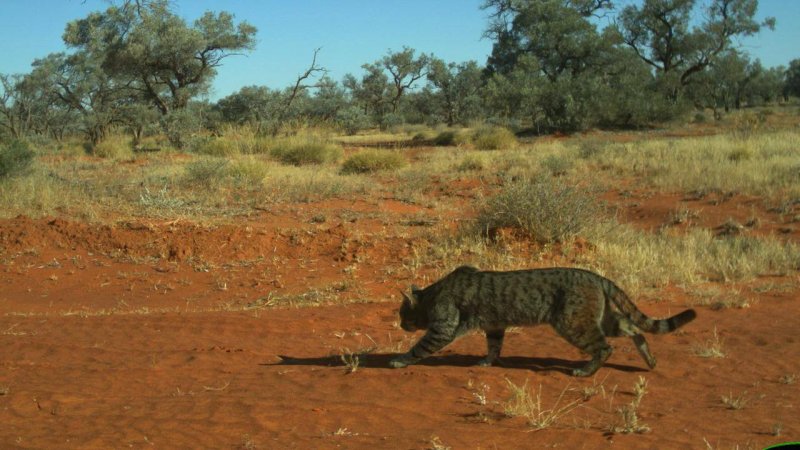Synthetic biology and genetic technology could be a safer, more humane way of curbing invasive species. Feral cat populations, for instance, could be controlled by preventing them from breeding.
But there’s no point trying a new technology it if it doesn’t have public support – so does synthetic biology pass the pub test?
According to a report from the CSIRO, it just might. Their survey of nearly 4,000 Australians finds that most support the idea of using gene drives on feral cats.
“This particular study builds on our public acceptability work over the last three to four years on synthetic biology solutions to significant national challenges,” says Dr Aditi Mankad, co-author of the report and a researcher at CSIRO Land & Water’s Sustainability Pathways Program.
“You’ll never get full acceptance of anything. We just want to understand what people are thinking in this space.”
Feral cats have been the main driver of at least 27 native species’ extinction. In Australia, they kill roughly 3.2 million mammals, 1.2 million birds, 1.9 million reptiles and 250,000 frogs every day.
There were 86% of participants who were moderately to strongly supportive of gene technology to control feral cats in their local area, as opposed to 11% who indicated little or no support,” says Mankad.































